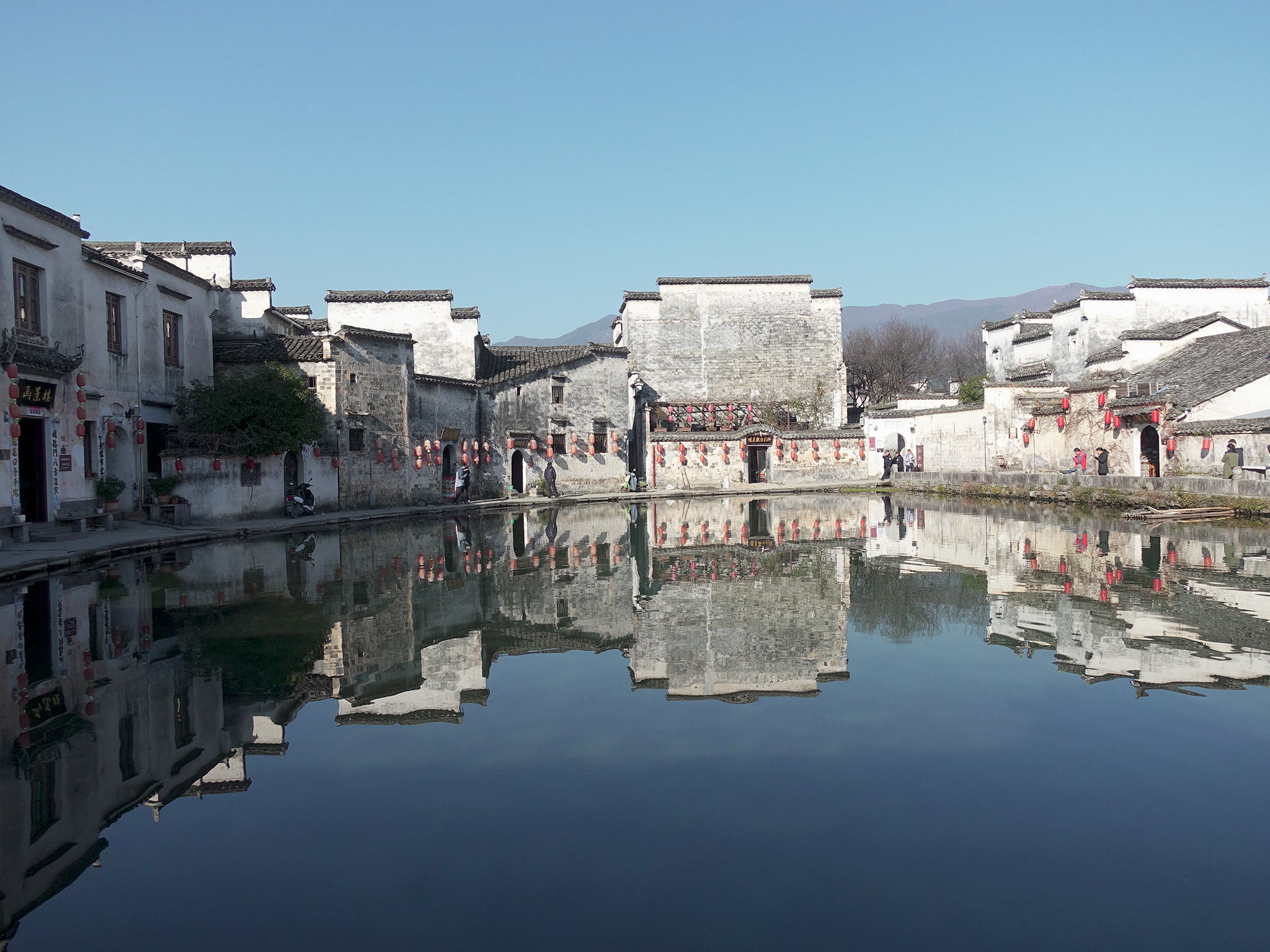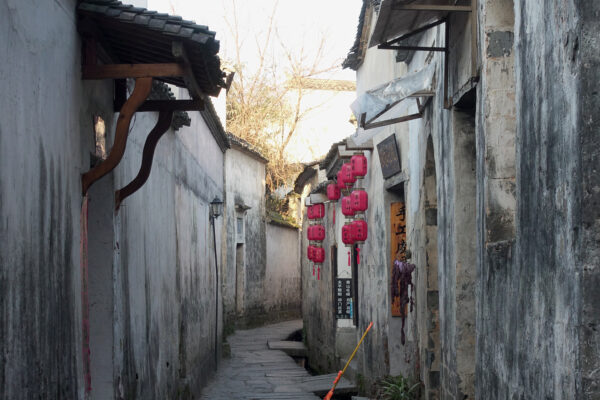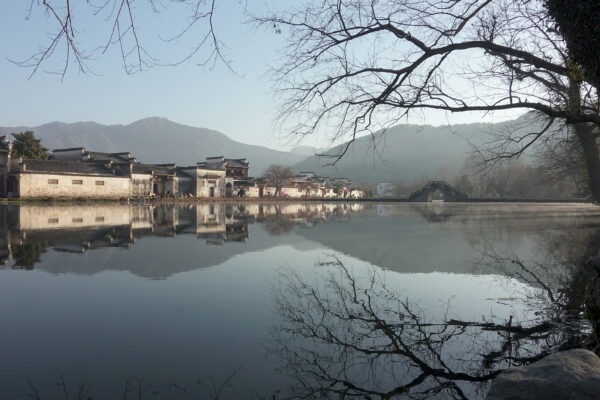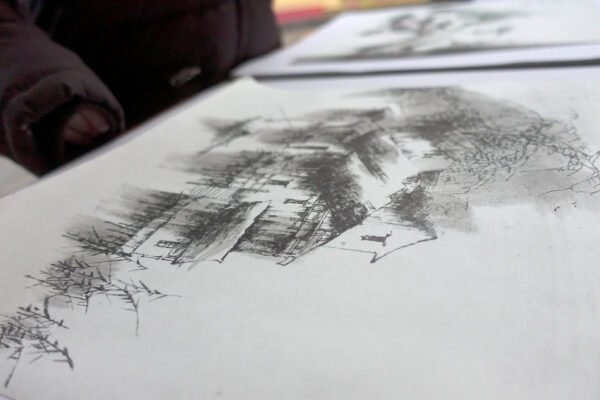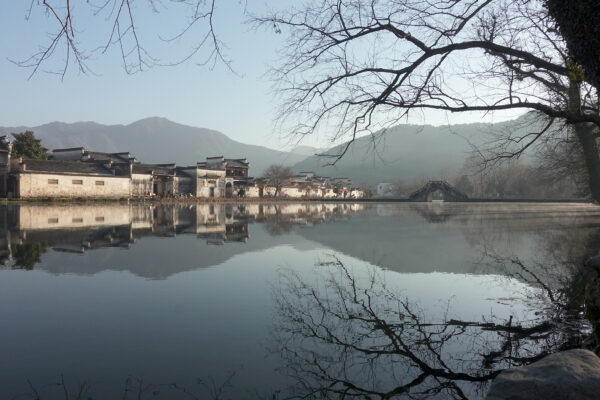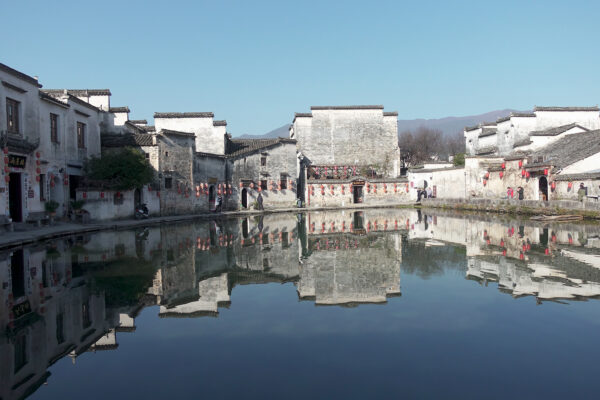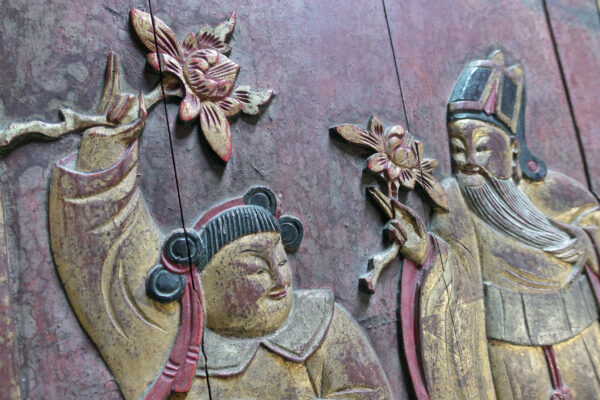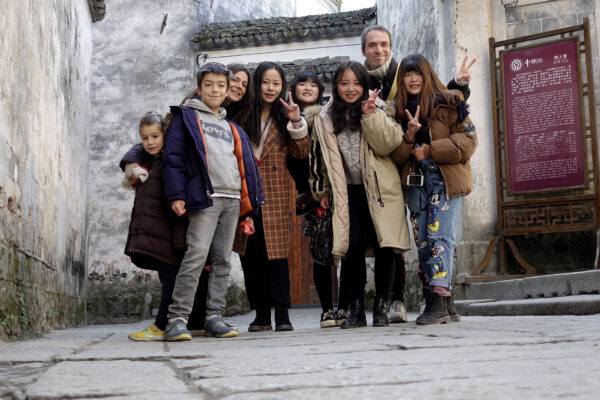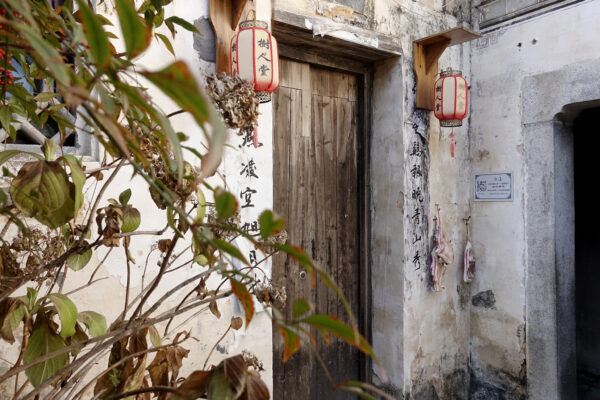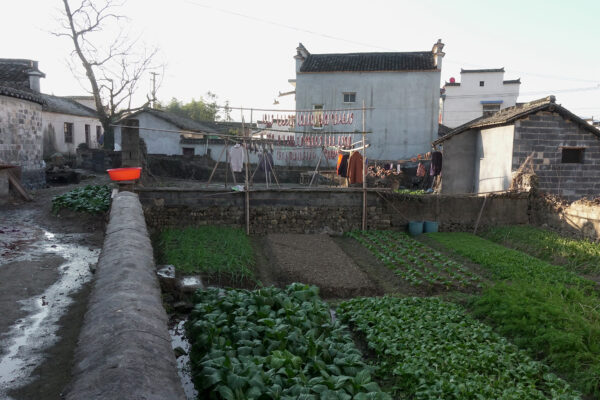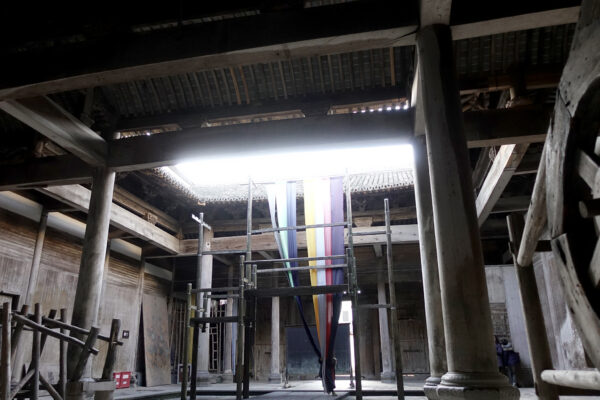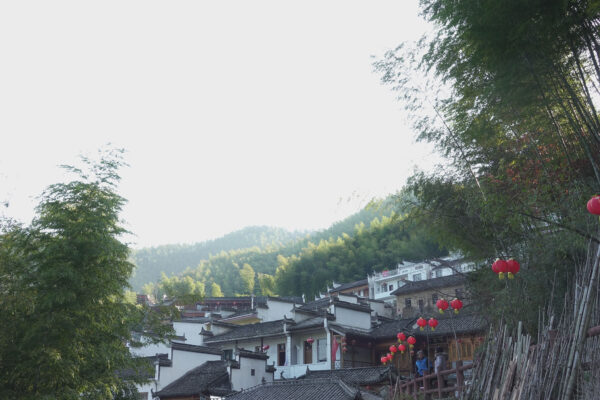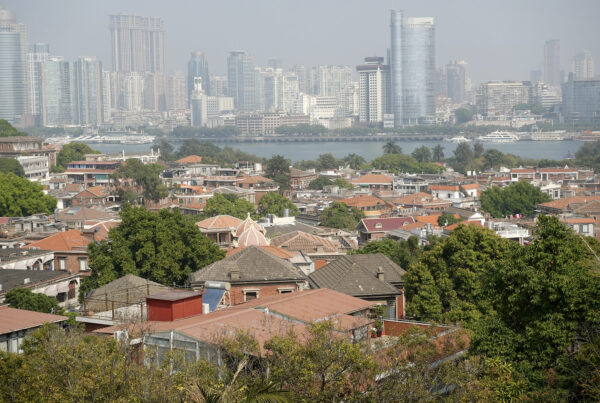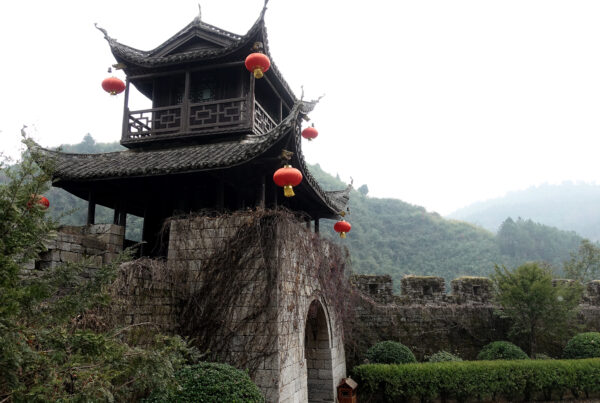Anhui, a province located in eastern China, is known for its mountainous landscapes, meandering rivers, and charming rural villages. But beyond their natural beauty, these villages are imbued with a deep connection with Feng Shui, an ancient Chinese practice that seeks to harmonize the environment with daily life. We will explore how Feng Shui is intertwined with life in Anhui’s rural villages and how this has shaped their culture and landscape.
The Balance of Natural Elements
Feng Shui, which literally means “wind and water,” is based on the idea that the physical environment has a significant impact on people’s lives and well-being. In the rural villages of Anhui, this philosophy is manifested in the careful layout of buildings, the choice of building materials, and the location of villages in relation to surrounding geographical features.
The Importance of Topography and Geomorphology
Topography and geomorphology play a crucial role in determining the Feng Shui of a village. In Anhui, many villages are located on mountain slopes or along rivers, which are believed to provide natural protection from wind and floods, as well as a constant source of positive energy.
The Orientation of Buildings and Streets
The orientation of buildings and streets is also considered fundamental in Feng Shui. In rural Anhui villages, traditional buildings are arranged according to Feng Shui principles to maximize the flow of positive energy, or “qi.” The main buildings are usually oriented towards the south to make the most of sunlight and gentle breezes, while the streets are designed to facilitate the harmonious flow of qi.
Gardens and Green Spaces
Gardens and green spaces are an integral part of Feng Shui in rural Anhui villages. These spaces not only add aesthetic beauty to the environment, but are also believed to improve the quality of qi and promote health and prosperity. Traditional Chinese gardens, with their water ponds, arch bridges and rockeries, are a tangible manifestation of this connection between Feng Shui and nature.
The Impact on Everyday Life
Feng Shui is not simply an esoteric practice in the rural villages of Anhui; It is an integral part of daily life and local culture. From the arrangement of furniture in a home to the selection of auspicious dates for important events, Feng Shui influences many aspects of the lives of people in these communities.
In short, Feng Shui in Anhui rural villages is not only a deep-rooted cultural practice, but also a philosophy that reflects the deep connection between people and their natural environment. By exploring these communities, visitors can appreciate how the harmonious balance between nature and everyday life has shaped the beauty and tranquility of the region.

